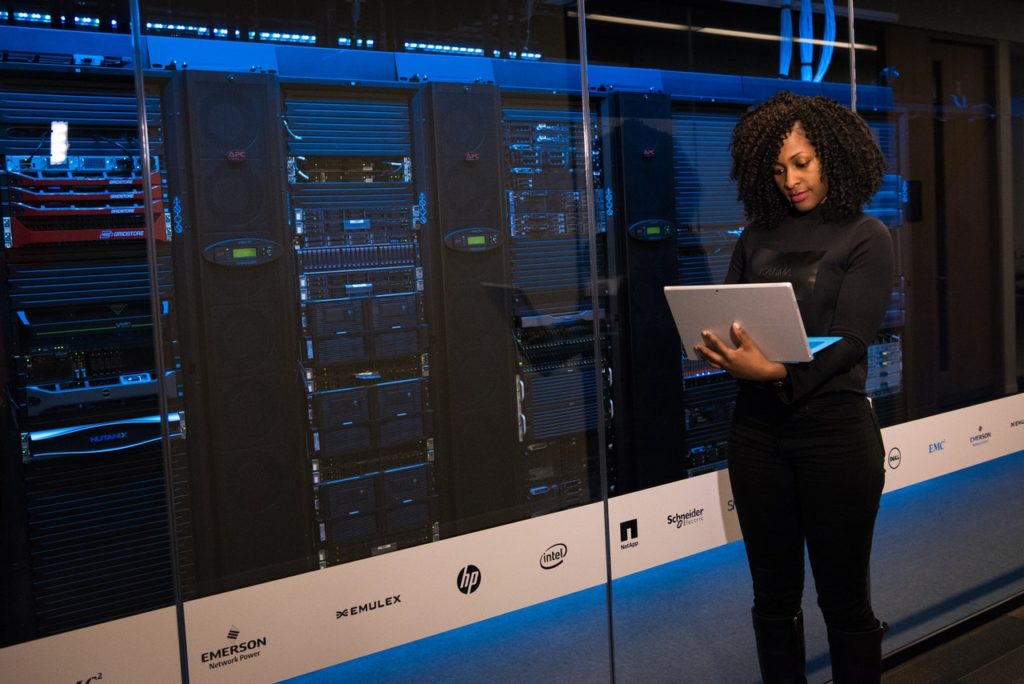Why Is Free Cooling Good For Your Data Centre

Workplaces need to be innovative. They often do this with their products and services. However, they should also pay attention to managing their internal goings-on.
Last year, The Times claimed that businesses were not as innovative as they thought themselves to be. If you’re presiding over an enterprise yourself, it’s important to consider all the exciting ways you can advance your firm’s processes – even the most unexpected ones.

The use of data centres is important.
One promising area of innovation is free cooling. But what is it? How can it help your business? Read on for some suggestions on these musings.
What is Free Cooling?
Air conditioner units can sometimes use power-consuming compressors and fans to lower indoor temperatures. It can consume an enormous amount of energy over time.
Free cooling is an alternative, economical solution to cooling indoor infrastructure year-round. The technology uses outdoor air to keep areas cool. It’s particularly useful for keeping electronics cool, such as data centres and telecoms. Cool outdoor air is used to counter the heat generated by electronics equipment.
Surprisingly, there’s no law regarding minimum and maximum temperatures in work areas. That said, this doesn’t mean you shouldn’t carefully regulate how hot and cold your data centres should be. Free cooling technology can be a gamechanger for your data centres and telecoms.
What are the Specific Benefits?
Free cooling has great potential. However, like most innovative tech, it needs to be fully understood to realise its optimum potential.
For example, this article explains how to cool data centres more efficiently with free cooling. The benefits include easy installation, enhanced control, and reduced reliance on maintenance. They also work effectively as part of a hybrid cooling scheme, where multiple free cooling units work simultaneously in separate areas to provide a fixed temperature to individual electronics. This gives you a greater amount of cooling control to exercise over an area, helping you maintain your technology with precision.
As you can see, there’s an element of strategy at play here. As a business leader, it’s important to take these considerations seriously and use free cooling technology effectively. Data centres need to be running efficiently 24/7, and any disruption can be detrimental to a firm’s prospects. By using free cooling, things should run as smoothly as possible.
How Does Free Cooling Improve Energy Efficiency?
Occasionally, firms need to overhaul their internal processes. Implementing free cooling technologies is also important for updating your firm’s cooling infrastructure.
Standard air conditioning units can age over time and potentially drain more electricity in some circumstances as they struggle to function. Poorly timed maintenance procedures can also cause similar problems, as wear and tear can cause energy inefficiency. Therefore, improving your cooling technology can also enhance your firm’s energy efficiency, especially when utilising free cooling.
Free cooling uses significantly less energy than its traditional counterparts. Of course, data centres are often said to have an adverse environmental impact. Implementing a more energy-efficient way of cooling them can help you offset any potential damages data centres might otherwise cause.





